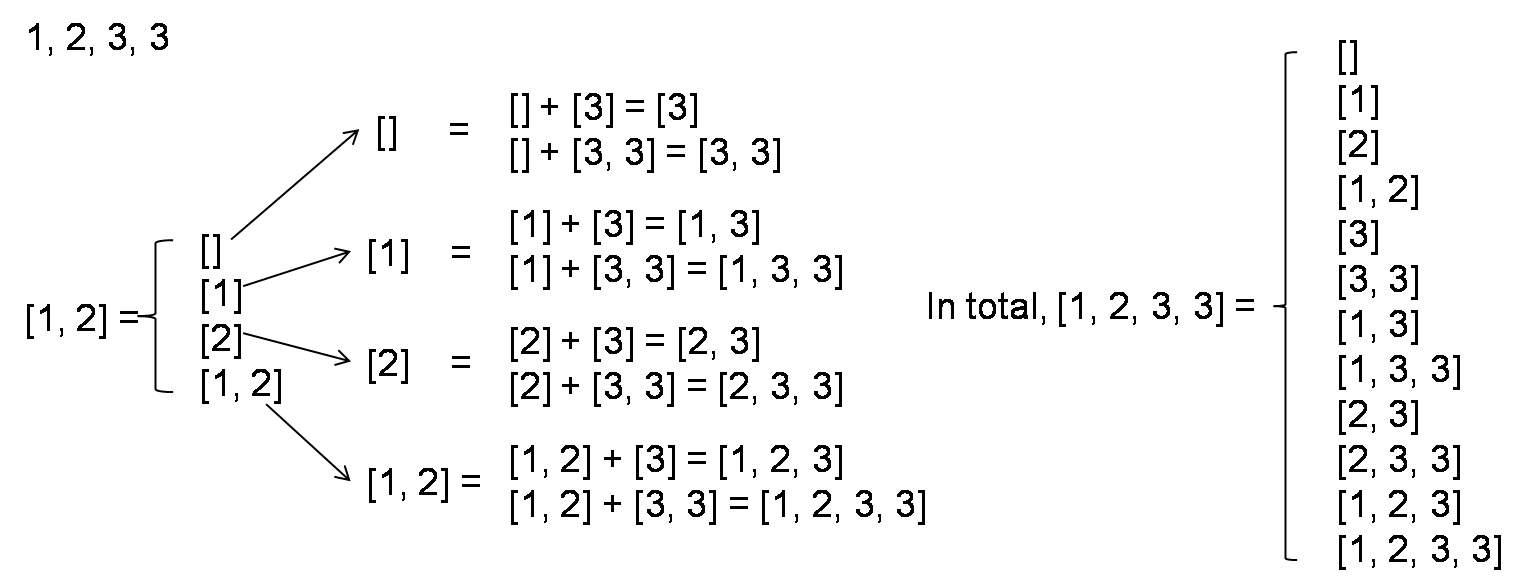Given two sorted integer arrays nums1 and nums2, merge nums2 into nums1 as one sorted array.
Note:
You may assume that nums1 has enough space (size that is greater or equal to m + n) to hold additional elements from nums2. The number of elements initialized in nums1 and nums2 are m and n respectively.
Solution. Loop from end to start. In this way, we can do this in-place.
public static void merge(int[] nums1, int m, int[] nums2, int n) {
int k = m + n - 1;
m--;
n--;
while (m >= 0 && n >= 0) {
if (nums1[m] > nums2[n]) {
nums1[k--] = nums1[m--];
}
else {
nums1[k--] = nums2[n--];
}
}
while (m >= 0) {
nums1[k--] = nums1[m--];
}
while (n >= 0) {
nums1[k--] = nums2[n--];
}
}
Check my code on github.
